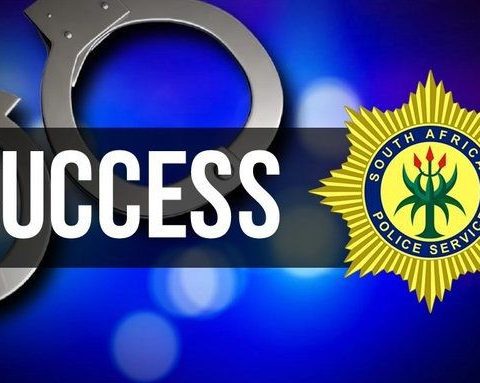The National Energy Crisis Committee (NECC) has emerged as a key player in addressing the complex world of energy crises and the need for sustainable solutions. As the government of South Africa works to find effective solutions to energy-related challenges, the NECC has taken charge. On June 25, 2023, the Government Communication and Information System (GCIS) hosted a media briefing to showcase the progress of the committee.
Innovative Approaches and Strategies
The briefing, which took place on Zoom, provided insights into the innovative approaches and strategies being employed by the committee to tackle the energy crisis. The NECC is exploring various ways to ensure that energy remains accessible, sustainable, and affordable for all South Africans.
Focus on Renewable Energy
The promotion of renewable energy sources is a key area of focus for the NECC. Harnessing solar, wind, and hydropower has become increasingly important as the world shifts toward cleaner, greener energy solutions. The committee is working to make renewable energy a viable and attractive alternative to traditional, more polluting sources through the implementation of innovative technologies and strategic partnerships.
Energy Efficiency
The NECC is also making strides in the realm of energy efficiency. By optimizing energy use and minimizing wastage, the committee aims to reduce the overall energy burden on the population and the environment. This involves the promotion of energy-efficient appliances and the implementation of effective power management and conservation strategies.
Collaboration and Investment
Collaboration with various stakeholders, including the private sector, research institutions, and international partners, is essential in addressing the energy crisis. The NECC leverages the expertise and resources necessary to drive positive change in the energy landscape. Investment in the energy sector is also encouraged through a favorable investment climate and attractive incentives.
Global Best Practices
The NECC is dedicated to ensuring that energy policies and regulations are in line with global best practices. The committee stays abreast of the latest advancements in energy technology and engages in ongoing dialogue with international organizations and experts in the field.
The NECC’s multifaceted approach to tackling the energy crisis was highlighted during the media briefing. Through a combination of innovative strategies, collaborative efforts, and policy reforms, the National Energy Crisis Committee is making significant strides in securing a sustainable energy future for South Africa.












